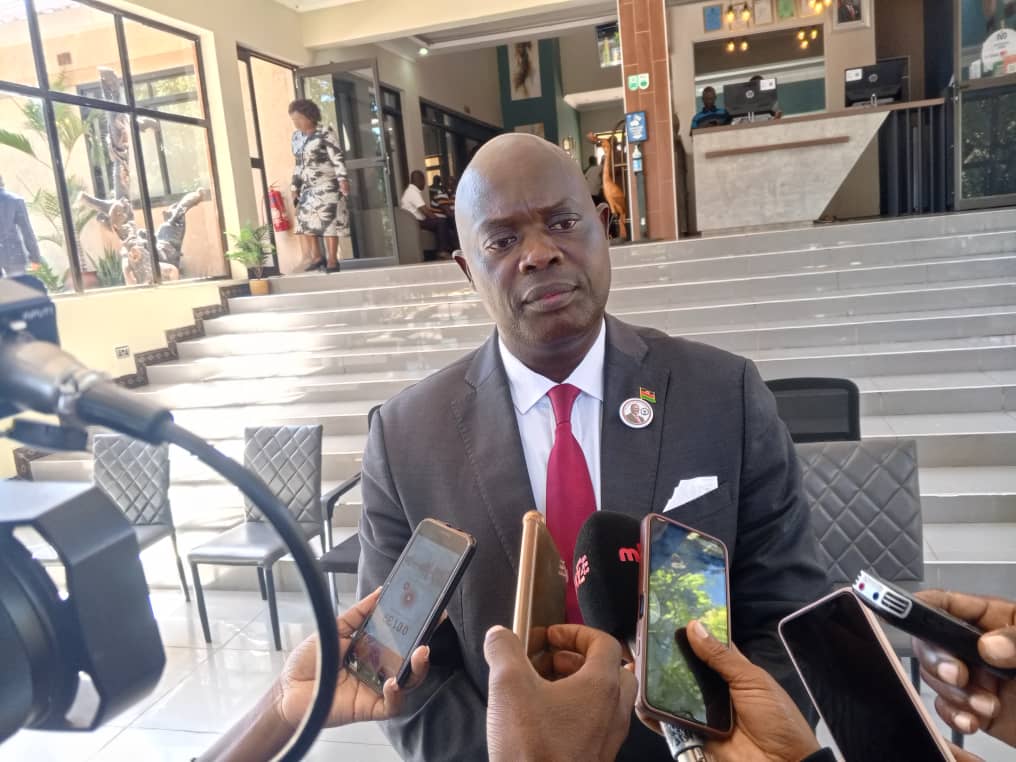The Government of Malawi has stepped up its decentralisation agenda by transferring land administration services to district councils, a move aimed at improving access, governance, and transparency in land registration and management.
This was announced during a meeting held Thursday in Salima involving District Commissioners (DCs) and Chief Executive Officers (CEOs) of Local Councils, aimed at reviewing progress on Land Sector Devolution and Land Registration.
Minister of Lands, Deus Gumba, said the Ministry has successfully devolved several core land functions to local councils, a move intended to enhance service delivery and ensure more efficient land management across the country.
“As the Ministry of Lands, we have now transferred land-related functions that were previously centralised to local councils. We have deployed 34 land registrars and numerous land clerks to councils and traditional authorities to bring services closer to the citizen,” said Gumba.

He further revealed that for the first time, financial resources have also been directly allocated to district councils to support these devolved functions.
“Devolution is only effective when accompanied by adequate resources. We are pleased to say these are now being disbursed directly to the councils,” he stated.
The Minister highlighted the need to uphold Malawi’s Physical Planning Act, warning that unauthorised development would face demolition. Vehicles have been provided to councils to aid enforcement of land laws.
“We cannot continue to allow substandard development. Every inch of this country must be properly planned. We passed legislation to regulate land agents to protect citizens from fraud. Development must be done in line with approved plans,” he added, noting that vehicles have been provided to city councils to aid in enforcement.
Secretary for Local Government, Mr. Richard Hara, commended the collaborative approach between the Ministries of Local Government and Lands.

“The Ministry of Lands holds the policy mandate, while we serve as their operational agents at local level,” he said. “With the fiscal resources now available at district level, the councils have the capacity to operate effectively.”
Zomba District Commissioner, Reingard Chavula, said the devolution has empowered councils to address land issues swiftly and directly.
“Land is central to all development. By devolving land services, the government has empowered us to make decisions that directly impact our communities,” she said.
Chavula, however, acknowledged ongoing challenges such as land encroachment and property grabbing, especially involving vulnerable groups like orphans and widows.
“We are seeing increasing cases of land disputes involving orphans and widows. We need stronger enforcement and continued support to resolve these issues,” she added.
The government’s land devolution program is part of its broader decentralisation strategy initiated in the late 1990s.
With Malawi Vision 2063 in sight, officials say well-managed land systems are vital to sustainable development and urban planning.








